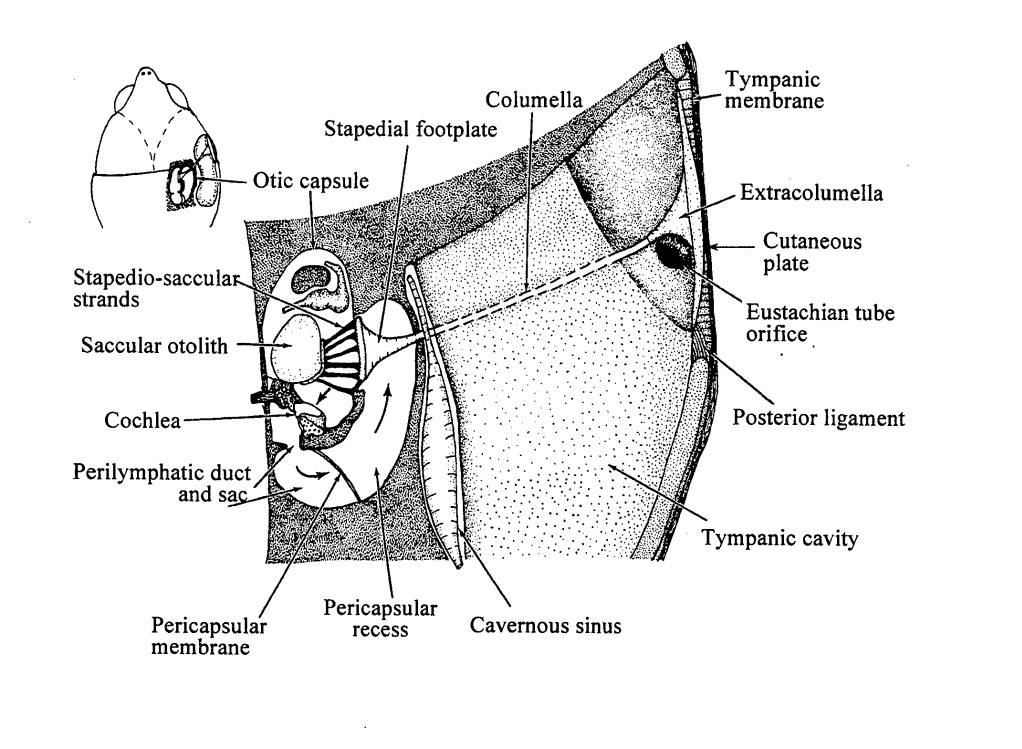MODERATOR NOTE: THIS THREAD WAS SPLIT OFF FROM ANOTHER THREAD ABOUT A TOTALLY DIFFERENT SUBJECT. BECAUSE THE FORUM'S PROGRAM SORTS POSTS BY DATE, IT LOOKS LIKE WARREN INITIATED THE THREAD, BUT MODERATORS INITIATED THE THREAD.
Attachments
Last edited by a moderator:

